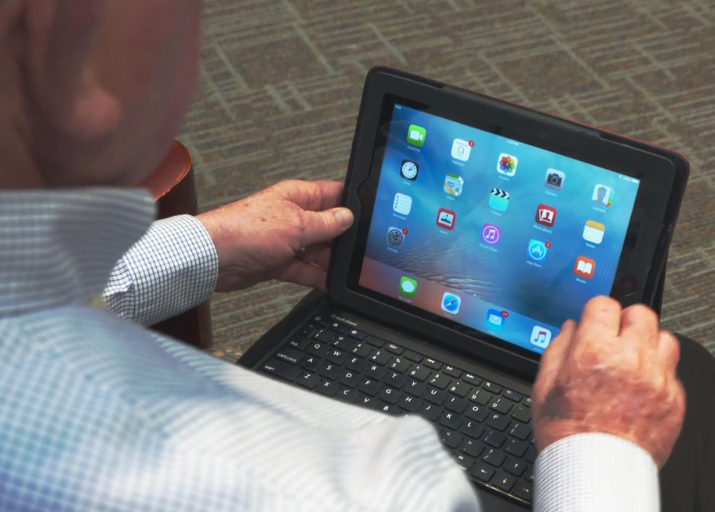03.12.2015By: Ioannis Koutelidas
Modern information and communication technology (ICT) can help senior citizens overcome difficulties related to distance from health centres and support them to understand their health issues, improve their communication with care givers and service providers, and enhance informed decision making. Additionally, ICT facilitates more targeted public health and medical interventions, as well as remote diagnosis and monitoring. In general, technology offers tools necessary for families, communities, healthcare professionals and the healthcare system to assist older people to age healthily. ICT creates innovative solutions, such as interventions through the internet, mobile phones, tablets, and video games that can improve the health of older people.
IROHLA’s work on e-health and m-health
The IROHLA project examined several promising practices among different groups of participants, including older adults with low health literacy, using different kinds of technical equipment. Some of these were applications that aimed to increase physical activity and track weight loss, while others supported behavioural change and sleep quality, or were games designed to improve cognitive skills.
One of the pilot projects designed by Prolepsis Institute aimed to improve participants’ knowledge about physical activity and healthy nutrition as well as related behaviours, while exploring attitudes towards ICT-based health applications. The content was based on the Greek National Dietary Guidelines for older people developed by the Prolepsis Institute. This tool enabled participants to set their own dietary and physical activity goals and assess them at the end of a specific period (normally one week) regardless of whether they achieved them or not. The system generated personalised messages based on the assessment of goals.
Research conducted during the implementation of the IROHLA project brought to the surface important learning points and obstacles that need to be carefully examined when developing similar interventions. One of the main conclusions was the need for active and continuous collaboration between application developers, healthcare professionals and researchers. Other matters that should be taken into consideration when designing such applications include simplification of the content and use of the application, and the ability to set short-term, personalised goals.
The importance of considering socio-economic status
In an era of technological innovations, a false perception dominates that all people are familiar with computers, smart phones and tablets. But this is not always true, especially when referring to the older generation. In addition, socio-economic status plays an important role in determining understanding of new technologies and the messages it delivers. That is why these factors should not be ignored when designing e-health and m-health applications that aim to contribute to the reduction of both inequalities between different social groups.
Source: news
Like this:
Like Loading...




